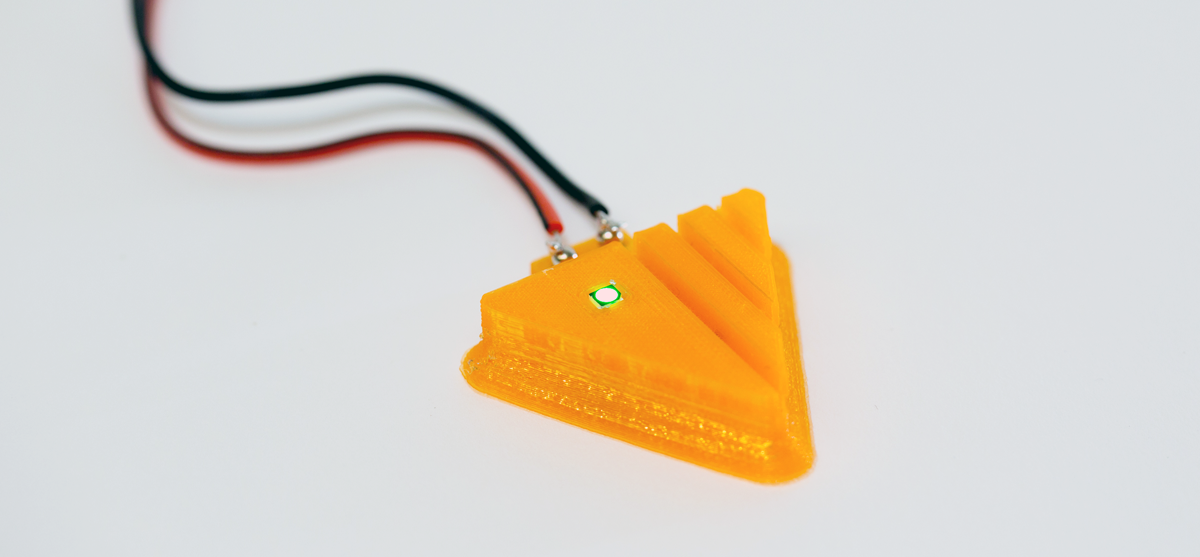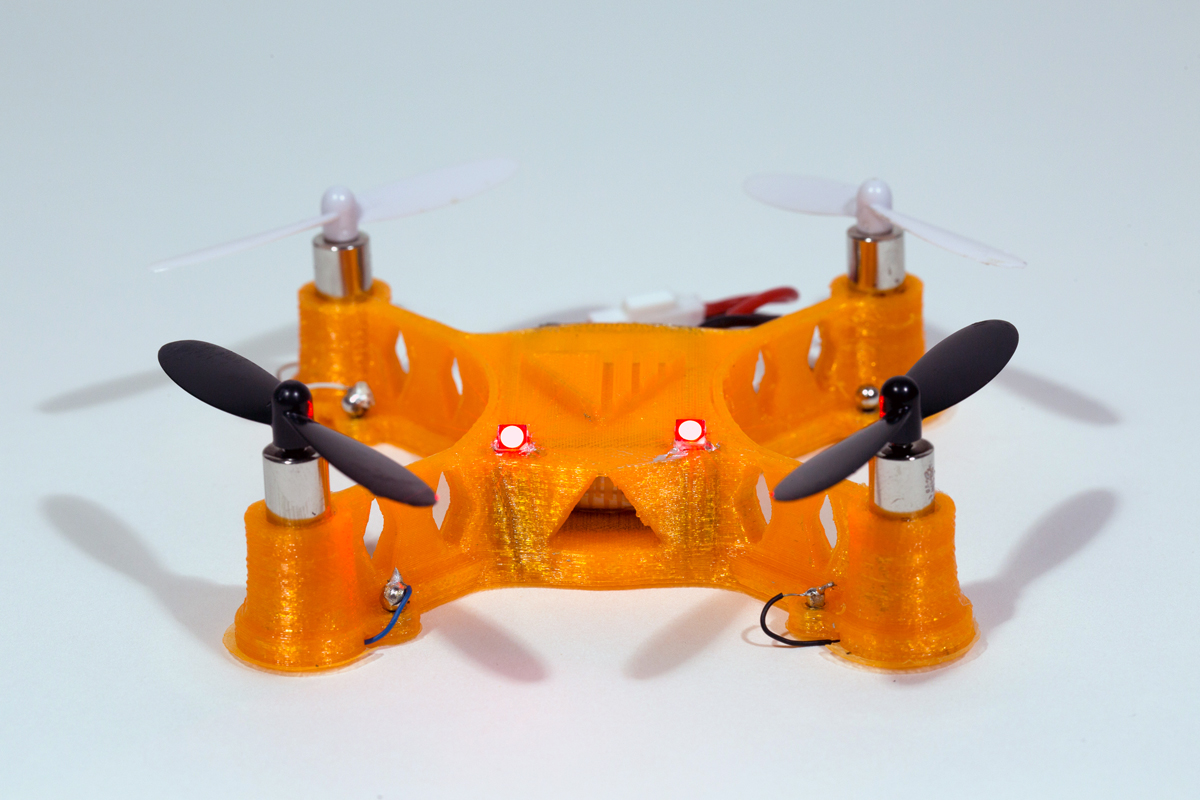Voxel8’s multi-material electronics 3D printer has only been on the market for about two months and, already, the Massachusetts-based start-up has made some powerful partners. After securing a government contract to 3D print prototype antenna arrays, just two weeks past launch, Voxel8 has now announced a strategic investment from In-Q-Tel, the investment arm of the US Intelligence Community.
Though legally independent of the CIA and other US agencies, In-Q-Tel is, according to Wikipedia, bound by its charter and an annual contract to support the CIA by investing funds in companies that can provide cutting edge technology to the intelligence agency. Examples of the non-profit’s investments include Facebook, quantum computing company D-Wave Systems, Palantir Technologies, and a number of other tech companies that might shake the boots of citizens of a post-Snowden world. And, now, the intelligence venture fund has added Voxel8 to its portfolio.
Megan Anderson, Vice President of Field Deployable Technologies at IQT, reiterates some of the advantages of the Voxel8 printer in the company’s press release, “We are pleased to be partnering with Voxel8 to further develop its multi-material 3D printing technology. The customization enabled by Voxel8’s technology allows users to quickly create new devices without the inconvenience of tooling, inventory, and supply chains associated with traditional manufacturing methods.” Voxel8 CEO Dr. Jennifer A. Lewis adds, “I am excited to leverage over a decade of research to transform the way devices are manufactured. Through the support of investors like In-Q-Tel, we are able to bring our ground-breaking technology to the mass market.”
Voxel8’s original promo video (posted above) demonstrated the printer’s ability to combine PLA plastic and conductive ink with embedded electronics to fabricate a small, 3D printed drone, but the Voxel8 electronics printer is much more than a consumer toy. Dr. Lewis is the Wyss Professor of Biologically Inspired Engineering at Harvard University with a lab that boasts some very awesome 3D printing and materials science research, including 3D printed lithium ion batteries, lightweight composites, stretchable sensors, solar panels, biosensors, and more.
So, while the Voxel8 machine is now used to 3D print simple electronics, the possibilities for the printer are pretty endless. Anything that you might imagine the Intelligence Community using such a device for isn’t out of the question. Though an organization like the CIA might not be out in the open about the purpose of such an investment, the US military has discussed its own interest in 3D printing, ranging from food, to clothing, to human tissues. In addition to the use of 3D printing to reduce the weight and number of individual parts in an object, something in which the defense industry is already investing, the military is also exploring the idea of mobile fablabs, in order to 3D print replacement parts and needed equipment live in the field of war. 3D printed drones is also something that companies like BAE Systems have expressed interest. Any of this, with the help of In-Q-Tel funding, is probably possible with a lot of hard work and research.



Leave A Comment